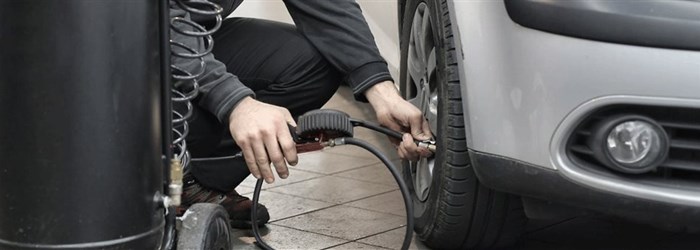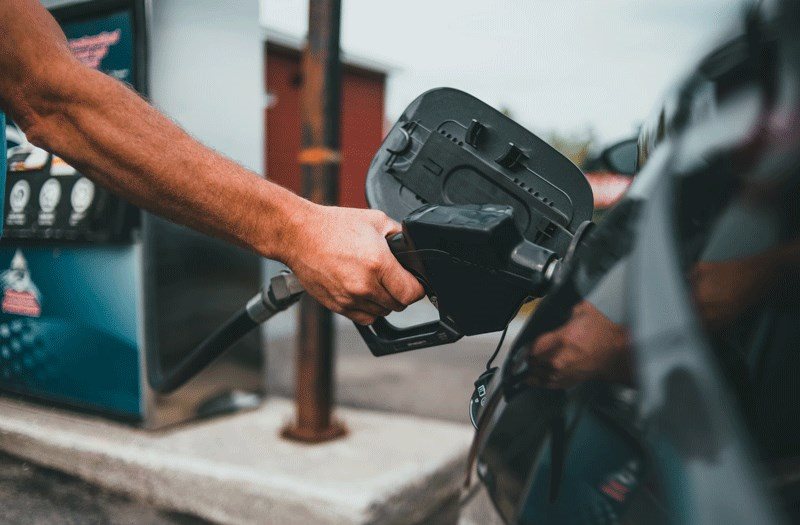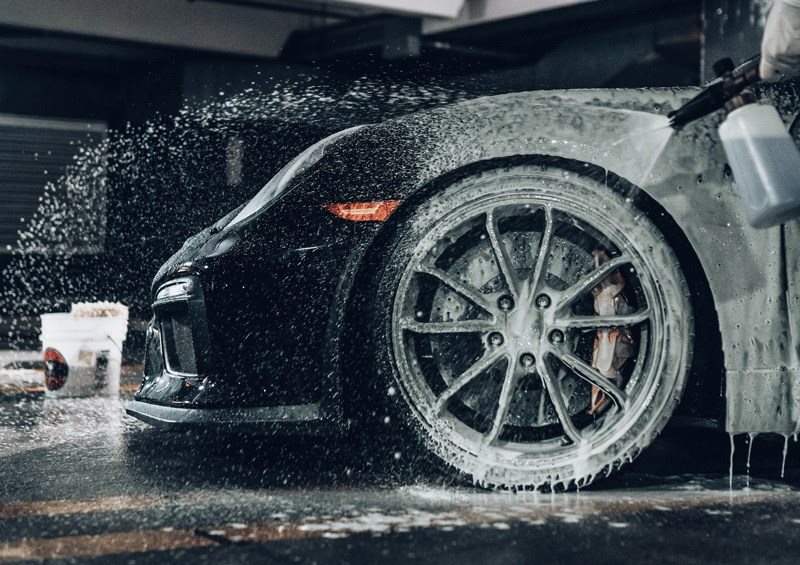A car is an expensive investment and most owners do as much as they can to adequately maintain their vehicle and protect this investment. However, there is some car maintenance advice doing the rounds that is not entirely true.
Some vehicle maintenance advice might have been true a decade or two ago, but technological advancements mean that modern cars have very different maintenance requirements. We bust five popular maintenance myths below.
It is important to warm up your car before driving
This might have been true in the '80s but the use of modern materials and fluids means that the current generation of cars warm up and cool down at a much quicker rate than before. Nowadays all that is required is to start by driving gently, limiting the revs for the first few minutes. This allows all the fluids including engine oil and transmission fluids to reach their operating temperature gradually.
Engine oil should be changed every 5,000km
This might have been the case in the '70s when oils were not the same quality as they are today and small capacity engines were lubricated by a small amount of engine oil. Oil companies spend billions of rands on research and development and as such modern oils are much more advanced and oil filtration systems are much more refined these days. Engines are also built to much tighter tolerances, meaning that wear and efficiency is improved. The result is longer oil change intervals, with the norm being around 15,000km. The best advice is to follow the manufacturer's servicing guidelines, which will ensure your car remains in optimum condition throughout its lifespan.
Higher-octane fuel can increase performance
The majority of cars on sale in South Africa are designed to run on regular 93 octane fuel and filling these cars with higher 95 octane fuel will offer no performance benefits. Only fill your car with more expensive, higher-octane fuels if it is a stipulated requirement by the manufacturer.
Inflate tyres to the pressure indicated on the sidewall
Tyres are designed to fit on a wide variety of different vehicles and the figure indicated on the side of a cars tyre is the maximum pressure to which it can be inflated. Inflating tyres to this maximum pressure will result in uncomfortable ride quality and uneven tyre wear. Best practice is to inflate your vehicles to the recommended pressure for the load you are carrying, according to the manufacturers indicated pressures. These tyre pressure guidelines can be found in the door pillar, fuel filler flap or owners manual.
You can wash your car with regular soap
Cars are built with delicate paint finishes, rubbers and plastic. Regular household detergents such as dishwashing liquid or laundry detergent can damage these surfaces by stripping them of protective waxes or clear coats as they are designed to clean grease from utensils and clothing. It is worthwhile investing in appropriate vehicle cleaning products or taking your car to an establishment that will use cleaning products designed for use on cars.
For more info and tips, visit our blog and join the conversation on Facebook. For interesting videos, check out YouTube.



































